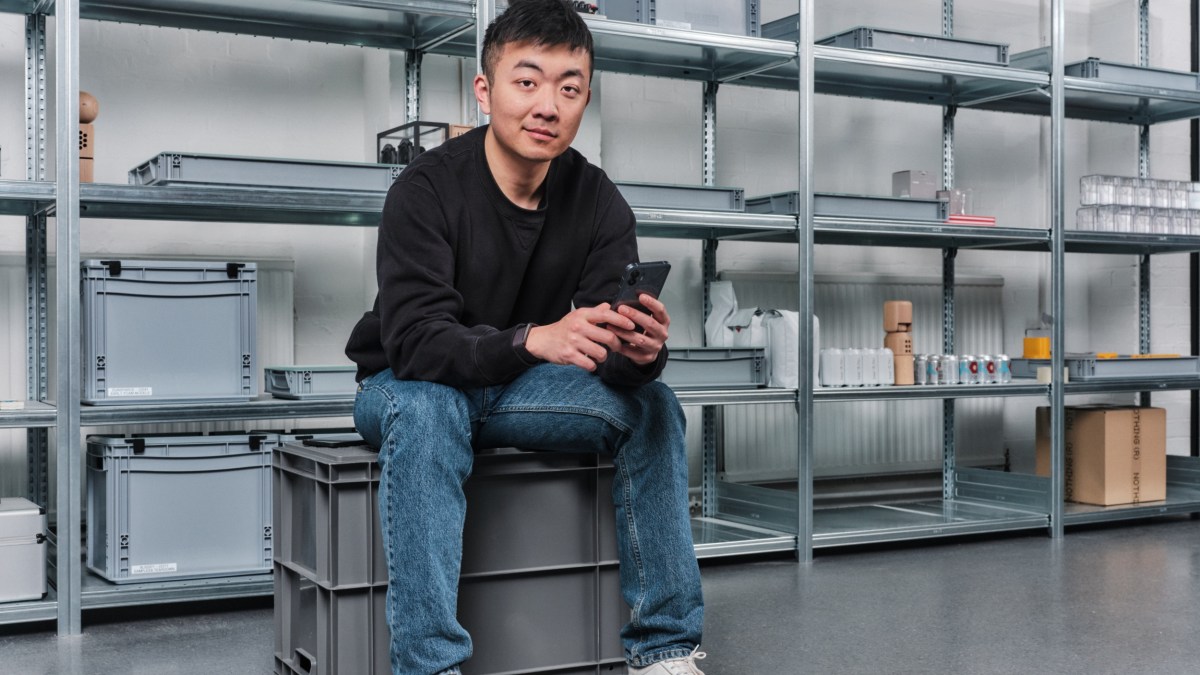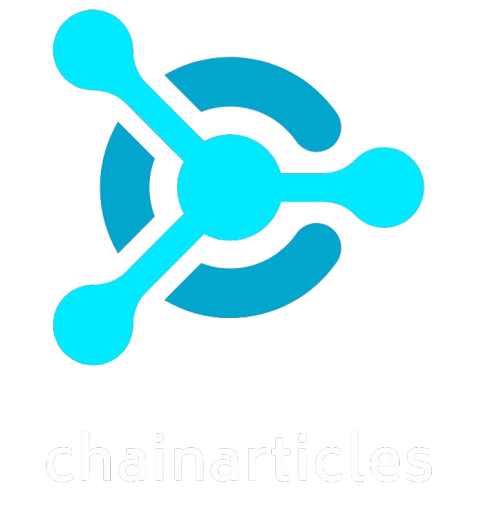Smartphone startup Nothing announced today that it closed its Series C round of $200 million, which was led by the investment firm Tiger Global. With this round, the consumer electronics company is now valued at $1.3 billion.
Other investors in the round included existing backers such as venture outfits GV, Highland Europe, EQT, Latitude, I2BF, and Tapestry. The company, founded by Carl Pei — who previously co-founded Chinese smartphone maker OnePlus, known for high-performance devices at competitive prices — also received new strategic backing from Nikhil Kamath and Qualcomm Ventures. The new funding takes Nothing’s total funding to over $450 million.
“Carl and the team at Nothing are reimagining hardware and software with an AI overlay to position their products for the next era of personal technology. We’re excited to partner with this exceptional team as they pioneer AI-native experiences,” said Matt Watcher, a partner at Tiger Global, in a statement to TechCrunch.
The company said it will soon open up another community funding round. In previous community rounds the company raised $11.5 million in total.
The company has bet on design differentiation so far, and it has served the startup well. Nothing says it clocked in over $1 billion in total sales earlier this year. An early investor in the startup told TechCrunch that they are happy with the company’s growth trajectory and road to profitability.
The startup said that up to this point, it has spent time building a supply chain and infrastructure to launch a product within months and ship it worldwide. Notably, its recently launched Phone (3) — which showcases the company’s signature transparent design aesthetic and unique user interface — was only its second handset to receive general distribution in the U.S.

Nothing has less than 1% market share globally, but in India, its biggest market, it has managed to grab 2% share, according to analytics firm IDC. The company has shipped 5.1 million units to date, with the company shipping over a million units just in Q2 2025. IDC said its global expansion has been slow as 80% of its units are still sold in Asia.
Techcrunch event
San Francisco
|
October 27-29, 2025
Pei has said that he wants to target his brand towards the next generation of users who might seek alternatives beyond incumbents.
“The way we’ve differentiated our brand and differentiated our products is really resonating with our group of consumers. We’re targeting the next generation. They’re interested in tech. They’re interested in creativity and design, and we really found resonance among that consumer group,” he told TechCrunch during the Phone (3)’s launch in July.
Highland Europe partner Tony Zappalà, who is an existing investor in the company, said that the company has delivered on its promises and has room to grow in this huge industry. He said that Nothing is now a recognized name in the industry, which has its own advantages in terms of attracting talent and building supply chain relationships.
AI vision
The company wants to build an operating system with AI and personalization features that might extend beyond smartphones. Currently, we have only seen a few glimpses of AI in the operating system with features like Essential Search, a smart search function that helps users find information across their device. The startup has hired Sélim Benayat, a former executive from Linktree and founder of Bento (a platform that creates personalized landing pages for social media profiles), to lead its AI services efforts.
Zappalà said that the challenge in building such an operating system is both a customer experience and a trust issue.
“I think the challenge of building an effective AI-first experience is not unique to Nothing. This is more than a technical challenge; AI features need to reach a stage where users are not double-checking the output,” he said.
Companies like Apple have struggled to integrate AI features effectively into their operating systems. For Nothing, the difficulty is finding the right balance between newness and helpfulness while executing AI features.
Pei believes that smartphones remain the best way to deliver AI, and they will be “the dominant form factor for all consumer AI applications” for at least three to five years, he said during the conversation with TechCrunch in July.
With this fundraising announcement, the company said it plans to launch an AI-first device next year. However, there haven’t been many success stories in the AI hardware space. AI hardware startup Humane was sold to HP after struggling with its AI Pin device, and AI assistant company Rabbit has has been working to improve its R1 device, releasing a new software update recently after the company wasn’t satisfied with the first iteration.





